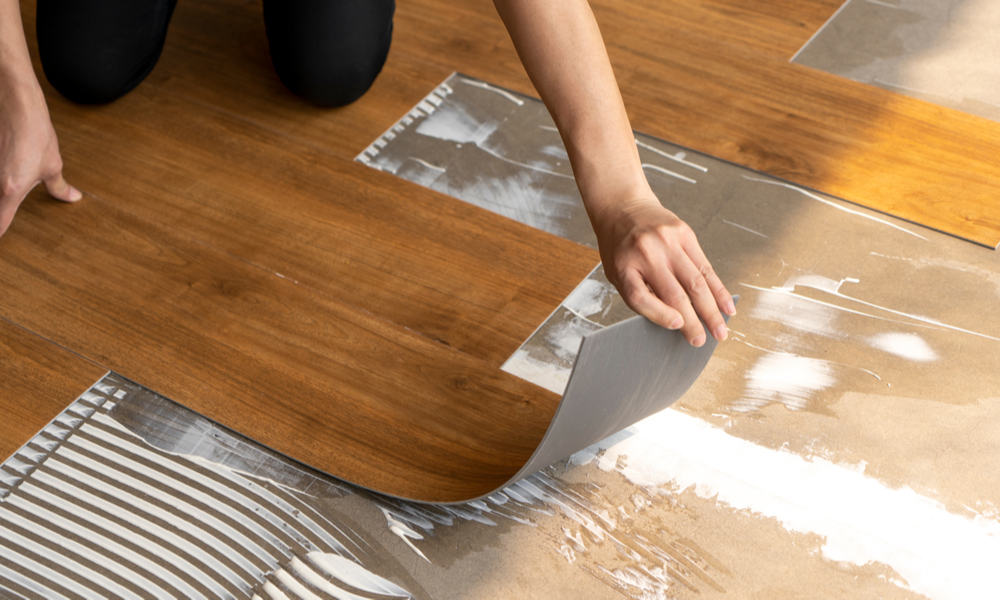As passionate musicians, we understand the value of practice and discipline in learning to play a musical instrument. However, what many students overlook is the importance of feedback in their learning process, particularly in piano lessons. In this article, we’ll explore the significance of feedback, why it matters, and how it can help you become a better pianist.
What is Feedback?
Feedback is simply information given to a student about their performance, progress, and areas of improvement. It can come from a teacher, a fellow musician, or even a recording of your own playing. Feedback can be positive or negative, and it is crucial for growth and development in any skill or art form.
Why is Feedback Important in Piano Lessons?
Learning piano is a journey that requires constant evaluation and refinement. Without feedback, it’s difficult to know if you’re making progress or if you’re practicing the right way. Feedback helps you identify your strengths and weaknesses, and it provides insight into what you need to work on to become a better pianist.
Furthermore, feedback can help you avoid developing bad habits or incorrect techniques that can hinder your progress. A good teacher will offer constructive criticism, highlight areas of improvement, and provide guidance on how to address them.
How Feedback Helps You Improve
As a beginner, you may not always be aware of your mistakes or weaknesses. Feedback helps you identify areas that need improvement and provides you with a roadmap for progress. This feedback can be used to create a practice plan that addresses your weaknesses and helps you make steady progress.
Feedback also helps you stay motivated by providing encouragement and validation. Positive feedback helps reinforce good habits and techniques, while constructive criticism helps you identify areas of improvement without feeling discouraged.
The Role of the Teacher
A good teacher is essential for providing feedback that is informative, relevant, and tailored to your individual needs. A teacher can offer guidance on technique, musical expression, and repertoire selection. They can also help you set goals and provide feedback on your progress towards achieving them.
It’s important to find a teacher who is not only knowledgeable but also supportive and encouraging. A good teacher should offer both positive and constructive feedback and be invested in your progress as a student.
Using Feedback Effectively
To make the most out of feedback, it’s important to approach it with an open mind and a willingness to learn. Don’t be defensive or dismissive of feedback, even if it’s negative. Instead, use it as an opportunity to grow and improve.
It’s also important to take action based on feedback. Use it to create a practice plan that addresses your weaknesses and helps you make progress. If you’re unsure how to address certain areas of improvement, don’t hesitate to ask your teacher for guidance.
Conclusion
In conclusion, feedback is an essential component of the piano learning process. It provides insight into your progress, highlights areas of improvement, and helps you become a better pianist. A good teacher is crucial for providing informative and relevant feedback, and it’s important to approach feedback with an open mind and a willingness to learn.
By incorporating feedback into your practice routine, you’ll be able to make steady progress towards your musical goals and become the pianist you’ve always dreamed of being. So don’t overlook the importance of feedback – it’s the key to unlocking your full potential as a musician.




